Health And Medicine
-

New method enhances efforts to identify drug repurposing targets
Researchers at Vanderbilt University Medical Center have developed a new method for identifying drugs for the repurposing trials that can lead to new indications for drugs already in use. Read MoreJan 20, 2022
-
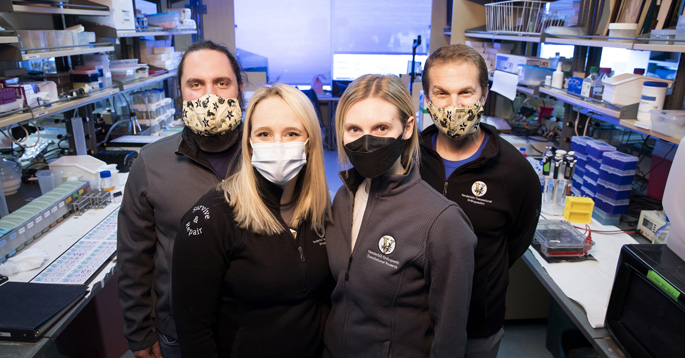
Study identifies molecular trigger of severe injury-induced inflammatory response
Vanderbilt researchers have discovered that early inappropriate activation of the enzyme plasmin caused by severe injury is a trigger of systemic inflammatory response syndrome and resulting organ failure. Read MoreJan 19, 2022
-

Ensuring the “best possible” medication history
About 80% of hospital admission electronic records were missing a drug prescribed to an older adult, Vanderbilt researchers found, highlighting the need for a multipronged approach to address medication discrepancies and support safe prescribing practices. Read MoreJan 18, 2022
-

H. pylori, lipid loss and stomach cancer
H. pylori infection — a strong risk factor for stomach cancer — changes the composition of stomach lipids, which could offer new biomarkers for detecting premalignant changes, Vanderbilt researchers discovered. Read MoreJan 17, 2022
-

Vanderbilt biostatisticians launch Cancer-Immu data portal for predicting response to immune checkpoint blockade immunotherapy
A new data portal called Cancer-Immu established by a team of Vanderbilt University Medical Center biostatisticians can help cancer clinicians and researchers predict which patients will respond to immune checkpoint inhibitors. Read MoreJan 14, 2022
-
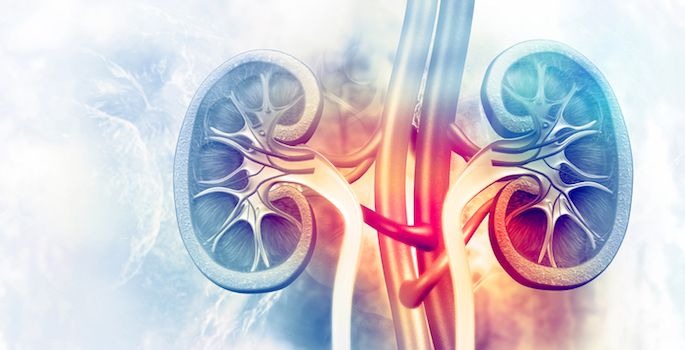
The role of integrins in kidney “integrity”
Receptors called integrins play a critical role in maintaining the structure of the kidney, Vanderbilt researchers have discovered. Read MoreJan 13, 2022
-

Salmonella overcomes host resistance
The invading pathogen Salmonella, a common cause of food poisoning, can change its metabolism to overcome host resistance to its colonization. Read MoreJan 13, 2022
-

Study of fully vaccinated patients with cancer who had breakthrough COVID-19 shows 13% mortality rate
New research finds that fully vaccinated patients with cancer who had breakthrough COVID-19 infections remained at high risk for hospitalization and death. Read MoreDec 24, 2021
-

Study finds pixaban (Eliquis) is preferable to rivaroxaban (Xarelto) for stroke prevention, reduced bleeding complications
There is strong evidence that the medication apixaban (Eliquis) is preferable to rivaroxaban (Xarelto) for stoke prevention in patients with atrial fibrillation (AF), with both reduced rates of severe bleeding complications as well as strokes, according to study published Dec. 21 in JAMA. Read MoreDec 21, 2021
-
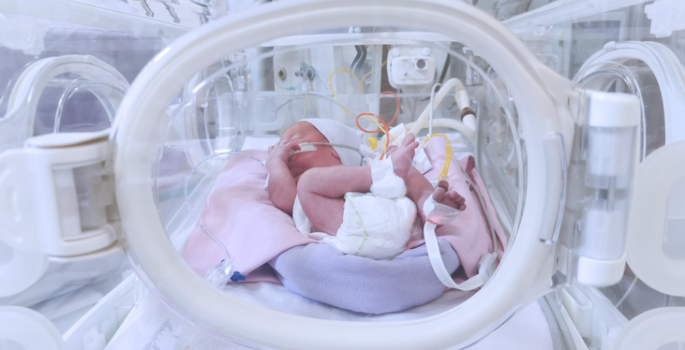
“Atlas” of lung development may aid efforts to heal premature lungs
Researchers at Vanderbilt University Medical Center have constructed a single-cell “atlas” of lung development that tracks multiple cell types over time. Read MoreDec 20, 2021
-

Study finds similar success rates with two devices for breathing tube placement
Two devices for placing a breathing tube during critical illness had similar success rates for intubation on the first attempt, according to a study published Dec. 8 in JAMA. Read MoreDec 15, 2021
-

Immune landscape in adrenal cancer
The profile of immune-related gene expression and tumor-infiltrating immune cells in adrenocortical cancer suggests targets for new treatment strategies. Read MoreDec 14, 2021
-

Oral microbes and gastric cancer
Studies in three large population cohorts that include Asian, African American and European American people support a role for the oral microbiota — the collection of microbial species in the mouth — in gastric cancer development. Read MoreDec 13, 2021
-

“Supermeres” may carry clues to cancer, Alzheimer’s disease and COVID-19
Vanderbilt researchers have discovered a nanoparticle released from cells, called a “supermere,” which contains enzymes, proteins and RNA associated with multiple cancers, cardiovascular disease, Alzheimer’s disease and even COVID-19. Read MoreDec 10, 2021
-
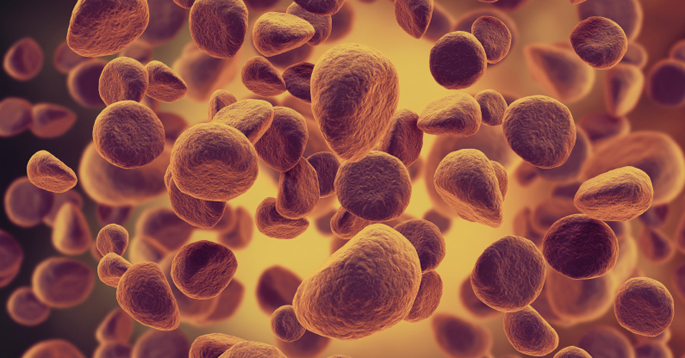
Cell signaling targets in leukemia
Vanderbilt researchers identified a critical role for IL-1beta signaling in leukemia cells with a certain mutation, suggesting this pathway may be a good target for novel treatments. Read MoreDec 9, 2021
-
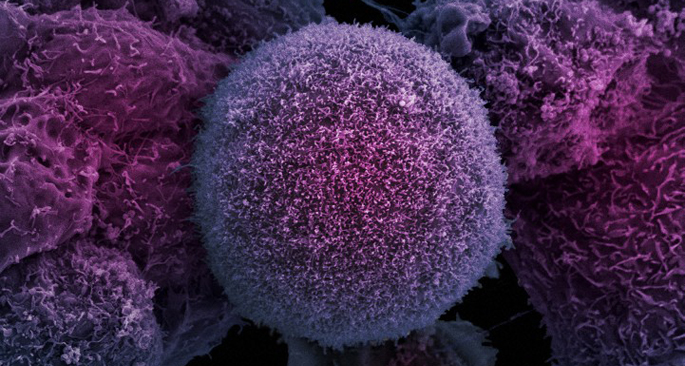
Prostate cancer treatment regret
Vanderbilt researchers suggest that to reduce treatment-related regret for men with localized prostate cancer, treatment preparation should focus on shared decision-making and aligning patient expectations with treatment toxicity. Read MoreDec 9, 2021
-

International study supports dupilumab for treatment of moderate-to-severe asthma in children
In a late-stage clinical trial, the biologic agent dupilumab reduced the rate of severe asthma attacks and improved lung function and asthma control for children ages 6 to 11 with moderate-to-severe asthma, offering a new option to these patients. Read MoreDec 8, 2021
-

Gene discoveries give new hope to people who stutter
New research shows the potential to identify therapeutic directions that could improve outcomes for people who stutter. Read MoreDec 2, 2021
-
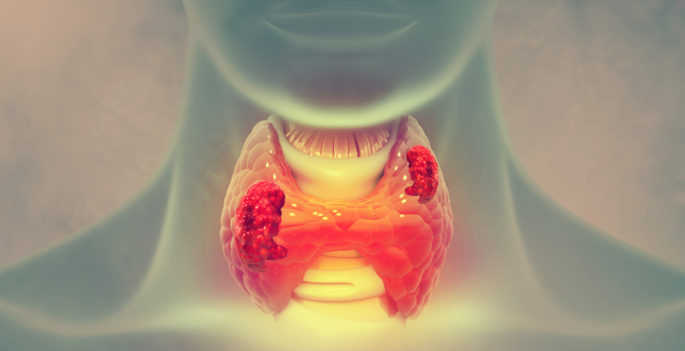
Thyroid cancer paper lands national recognition
Researchers in the Endocrine Neoplasia Research Laboratory at Vanderbilt University Medical Center have received national recognition for their work to discover better treatments for thyroid cancer. A paper describing their lab work was awarded first place in the Basic Science category at the 2021 Cancer Research Competition. Read MoreDec 2, 2021
-
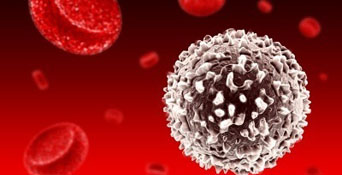
Study links depression scores, white blood cell count
Researchers across four health care systems, including Vanderbilt University Medical Center, have found that increased depression polygenic scores are associated with increased white blood cell count, highlighting the importance of the immune system in the etiology of depression. Read MoreDec 2, 2021